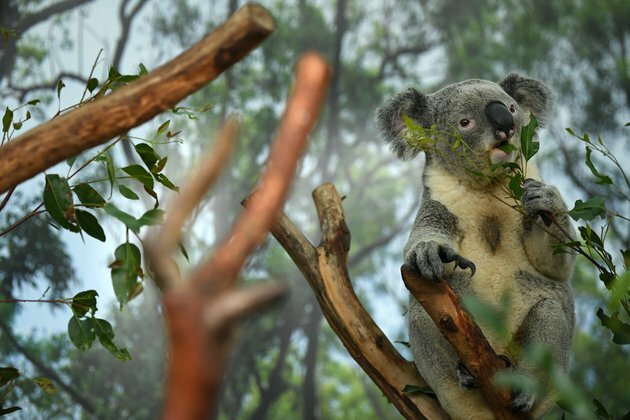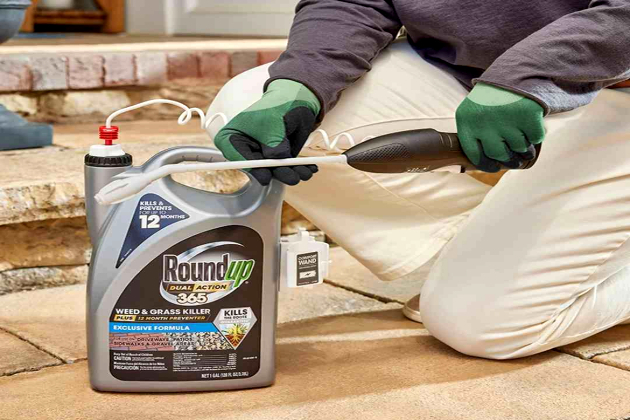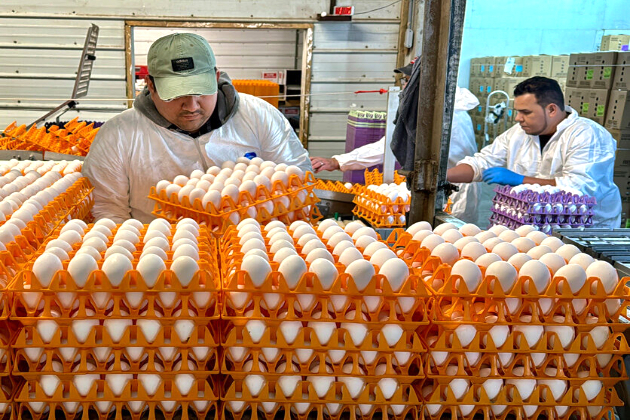A new 3D koala genome will aid efforts to defend the threatened species
The Conversation
26 Jan 2021, 02:08 GMT+10

Koalas are unique in the animal kingdom, living on a eucalyptus diet that would kill other creatures and drinking so little their name comes from the Dharug word gula, meaning "no water". Today, many koala populations across Australia are in decline, due to habitat destruction caused by agriculture, urbanisation, droughts and bushfires intensified by climate change, and diseases such as chlamydia and koala retrovirus.
Genetic information can play a key role in the effort to conserve koalas and other species. A detailed map of the koala genome is vital to understanding their susceptibility to disease, their genetic diversity, and how they may respond to new environmental pressures.
We have created a new "chromosome-length" sequence of the koala genome, which will allow researchers to study its three-dimensional structure and understand its evolution.
Read more: Drones, detection dogs, poo spotting: what's the best way to conduct Australia's Great Koala Count?
A unique creature under threat
The modern koala is the only living representative of the marsupial family Phascolarctidae, a family that once included several genera and species. During the Oligocene and Miocene epochs (from 34 to 5 million years ago), the ancestors of modern koalas lived in rainforests and didn't eat only leaves.
During the Miocene, the Australian continent began drying out, leading to the decline of rainforests and the spread of open eucalyptus woodlands. Koalas evolved several adaptations that allowed them to live on a specialised eucalyptus diet. This specialisation makes them picky eaters, so they're very prone to habitat loss.
Koalas are listed as a vulnerable species by the International Union for Conservation of Nature. It was hunted heavily in the early 20th century for its fur, and large-scale cullings in Queensland resulted in public outcry, initiating a movement to protect the species. Sanctuaries were established, and koalas whose habitat was disappearing were relocated.
Koalas are particularly vulnerable to bushfires; they are slow moving and eucalypt trees are very flammable. They instinctively seeks refuge in higher branches, exposing them to intense heat and flames. Bushfires also fragment the animal's habitat, which restricts their movement and leads to population decline and loss of genetic diversity.
Piecing together the puzzle
The koala genome was first sequenced in 2013. This was only the first step in understanding koala genetics - akin to finding all the pieces of the puzzle, but being unsure how to put them all together into the meaningful patterns of genes and chromosomes.
Our new chromosome-length assembly follows the work of others, especially the Koala Genome Consortium and the Koala Genome Project led by Australian geneticist Rebecca Johnson. It is based on a draft by the Earlham Institute in the UK.
We used big-data sequencing methods such as Hi-C, 3D-DNA and Juicebox Assembly Tools courtesy of DNA Zoo labs to create our chromosome-length assembly.
We organised the genome into 8 chromosomes, a great improvement on the draft of 1,907 fragments we began with.
Vital for conservation
A high-quality genome sequence is essential if we want to bring genetic insights to conservation management initiatives. Some 200 Australian vertebrate species currently have species recovery plans, and 80% of those plans include genome-based actions. However, only 15% of those species have any genomic data available.
Our chromosome-length koala genome assembly enables a highly detailed 3D view of the genome architecture for koala. It is easier to use than earlier genomes, and means conservation management initiatives will have fast, cost-effective and reliable analysis options available.
This will give us insights into koalas' genetic susceptibility to diseases like koala retrovirus (KoRV) and chlamydia. It may also form a basis for innovative vaccines. What's more, it can be used in new conservation management strategies that aim to diversify the koala gene pool.
Read more: To save koalas from fire, we need to start putting their genetic material on ice
Authors: Parwinder Kaur - Associate Professor | Director, DNA Zoo Australia, University of Western Australia 
 Share
Share
 Tweet
Tweet
 Share
Share
 Flip
Flip
 Email
Email
Watch latest videos
Subscribe and Follow
Get a daily dose of Australian Herald news through our daily email, its complimentary and keeps you fully up to date with world and business news as well.
News RELEASES
Publish news of your business, community or sports group, personnel appointments, major event and more by submitting a news release to Australian Herald.
More InformationInternational
SectionAlarm over nine Red Cross personnel going missing in Gaza
GAZA - Israel is refusing to allow search parties to access an area where 9 Red Cross ambulance crew members have gone missing in Gaza....
Georgia jury hits Bayer with $2.1 billion verdict over roundup claims
NEW YORK CITY, New York: A jury in Georgia has ordered Bayer, the parent company of Monsanto, to pay nearly US$2.1 billion to a man...
World mobilizes assistance for quake-hit Myanmar
The death toll in Friday's massive earthquake in Myanmar has risen to 1,644, and is expected to rise significantly. At least another...
US boosts egg imports from Brazil amid bird flu spread
WASHINGTON, D.C.: In response to soaring egg prices and supply shortages driven by a devastating bird flu outbreak, the United States...
Trump pledges more nations will join Abraham Accords
WASHINGTON, D.C.: U.S. President Donald Trump vowed this week that more countries will be added to the Abraham Accords, the series...
Japan’s cherry blossom season officially begins in Tokyo
TOKYO, Japan: This week, Japan's cherry blossom season officially began as experts confirmed the first blooms in Tokyo. A specialist...
Sydney
SectionALP in front ahead of upcoming election, but Coalition gaining ground
SYDNEY, Australia - A recent Roy Morgan survey indicates that if a federal election were held today, the Australian Labor Party (ALP)...
Morgan reveals top picks for England's white-ball captain
London [UK], March 29 (ANI): England's former World Cup-winning skipper Eoin Morgan revealed his two picks who could become Three Lions'...
"Would've loved to see Dhoni come up the order...": Watson on CSK's loss to RCB
Mumbai (Maharashtra) [India], March 29 (ANI): Following the Chennai Super Kings (CSK) loss to Royal Challengers Bengaluru (RCB) during...
China Sports Weekly (3.23-3.29)
BEIJING, March 29 (Xinhua) -- Here are the latest Chinese sports headlines from the past week: 1. 2024 Chinese Basketball Hall of...
Stuart Law appointed as new head coach of Nepal Senior Cricket Team
Kathmandu [Nepal], March 29 (ANI): Former Australian batter Stuart Law was appointed as the new head coach of the Nepal Senior Cricket...
Bagggel Announces 2nd Edition of "Being CEO Ready" Conference to Address Leadership Gender Gap
HT Syndication Bengaluru (Karnataka) [India], March 29: Bagggel Foundation is proud to announce the second edition of its annual...













